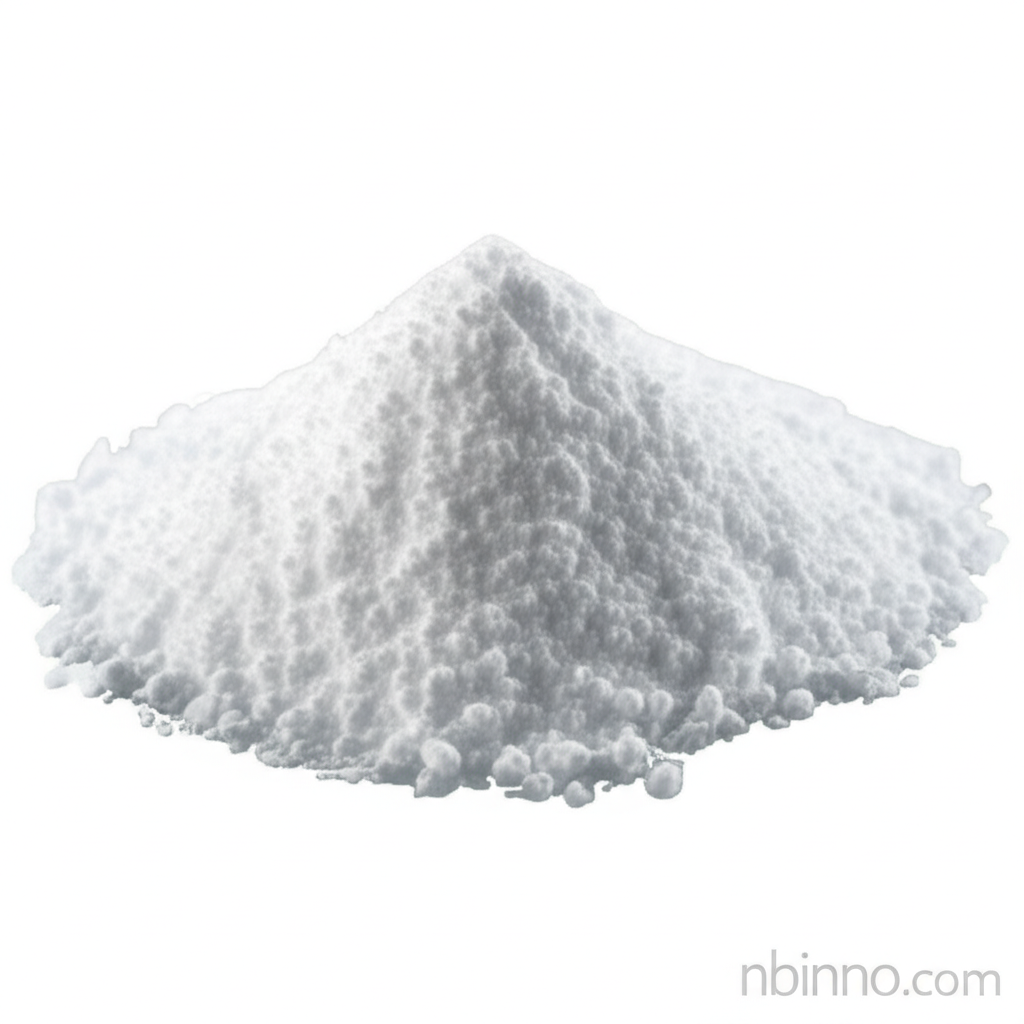Benzhexol Hydrochloride: Managing Parkinson's Symptoms
Discover the role of Trihexyphenidyl HCl in alleviating Parkinson's disease and drug-induced movement disorders.
Get a Quote & SampleProduct Core Value

Benzhexol Hydrochloride
Benzhexol Hydrochloride, also known as Trihexyphenidyl HCl, is a crucial pharmaceutical compound designed to manage the complex motor symptoms associated with Parkinson's disease. Its anticholinergic properties help rebalance neurotransmitter levels in the brain, offering significant relief from tremors, muscle stiffness, and spasms. This makes it a vital component in treatment regimens for both Parkinson's disease and movement disorders induced by certain medications.
- Learn about the specific uses of Benzhexol Hydrochloride in Parkinson's disease treatment, a key application that targets motor symptom improvement.
- Explore the Trihexyphenidyl HCl mechanism of action, understanding how it works as an anticholinergic to restore neurotransmitter balance.
- Discover the essential role of this compound in managing drug-induced extrapyramidal symptoms, offering relief from adverse medication effects.
- Understand the potential Trihexyphenidyl HCl side effects and interactions, crucial information for safe and effective use under medical guidance.
Key Advantages
Symptom Alleviation
Benzhexol Hydrochloride effectively alleviates tremors and muscle stiffness, improving overall muscle control for patients managing Parkinson's disease.
Neurotransmitter Balance
As an anticholinergic agent, it plays a key role in restoring the delicate balance between dopamine and acetylcholine in the brain, critical for motor function.
Targeted Action
It is specifically indicated for treating Parkinsonism and movement disorders that are side effects of antipsychotic therapies, offering targeted relief.
Key Applications
Parkinson's Disease Treatment
Benzhexol Hydrochloride is a cornerstone in managing the motor symptoms of Parkinson's disease, aiming to provide better symptom control.
Extrapyramidal Symptom Management
Effectively addresses involuntary movements and muscle stiffness caused by antipsychotic medications, improving patient comfort.
Gastrointestinal Support
While primarily neurological, its anticholinergic effects may offer some impact on gastrointestinal motility as a secondary benefit.
Pharmaceutical Intermediate
Serves as a critical intermediate in the synthesis of various neurological and potentially other therapeutic agents.
